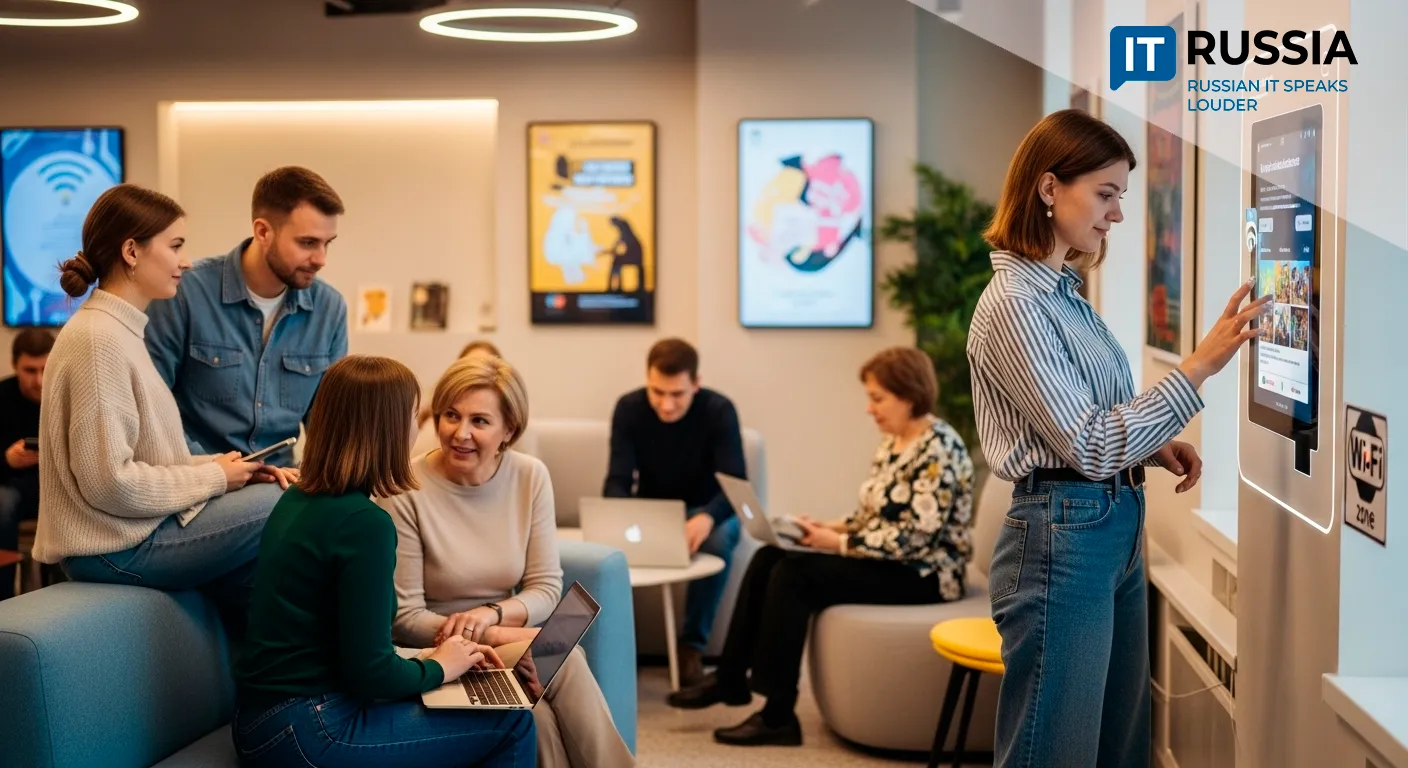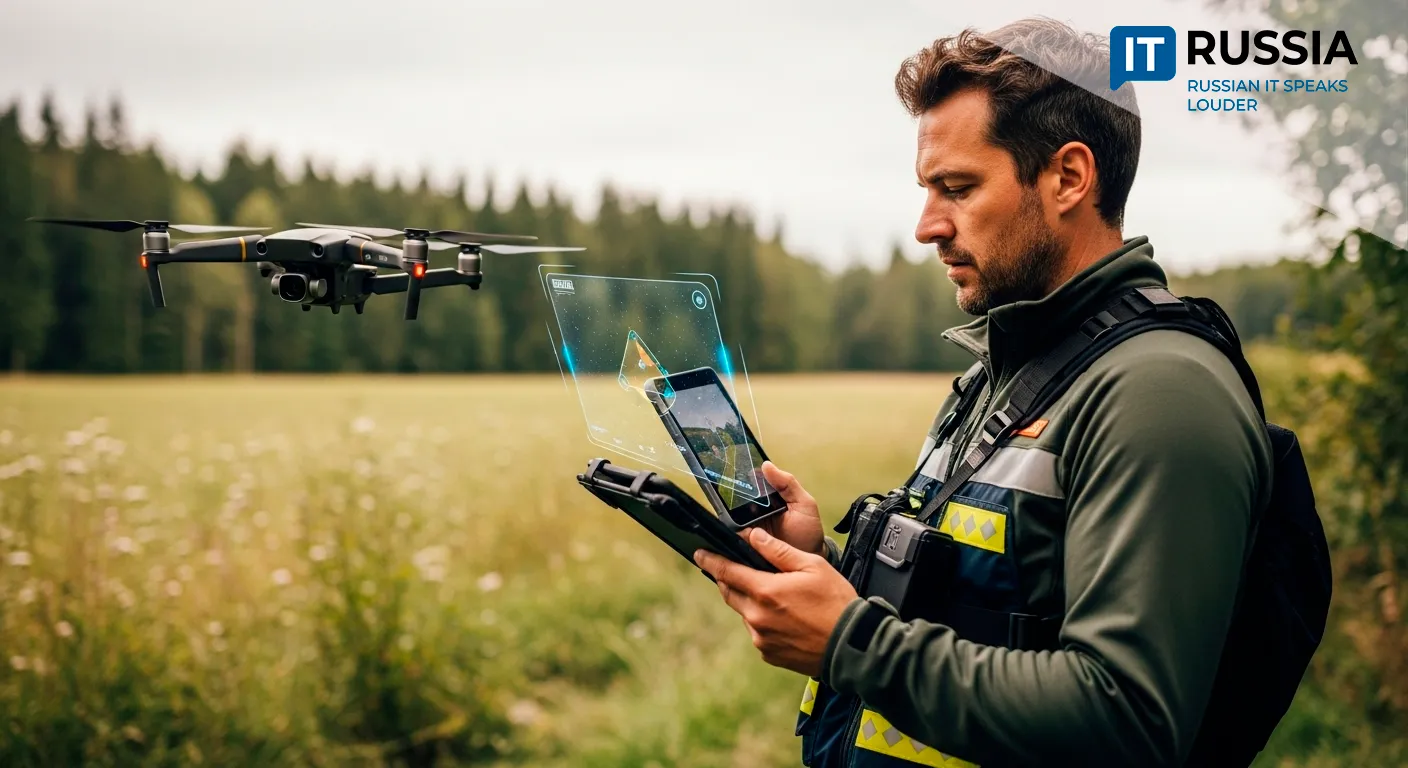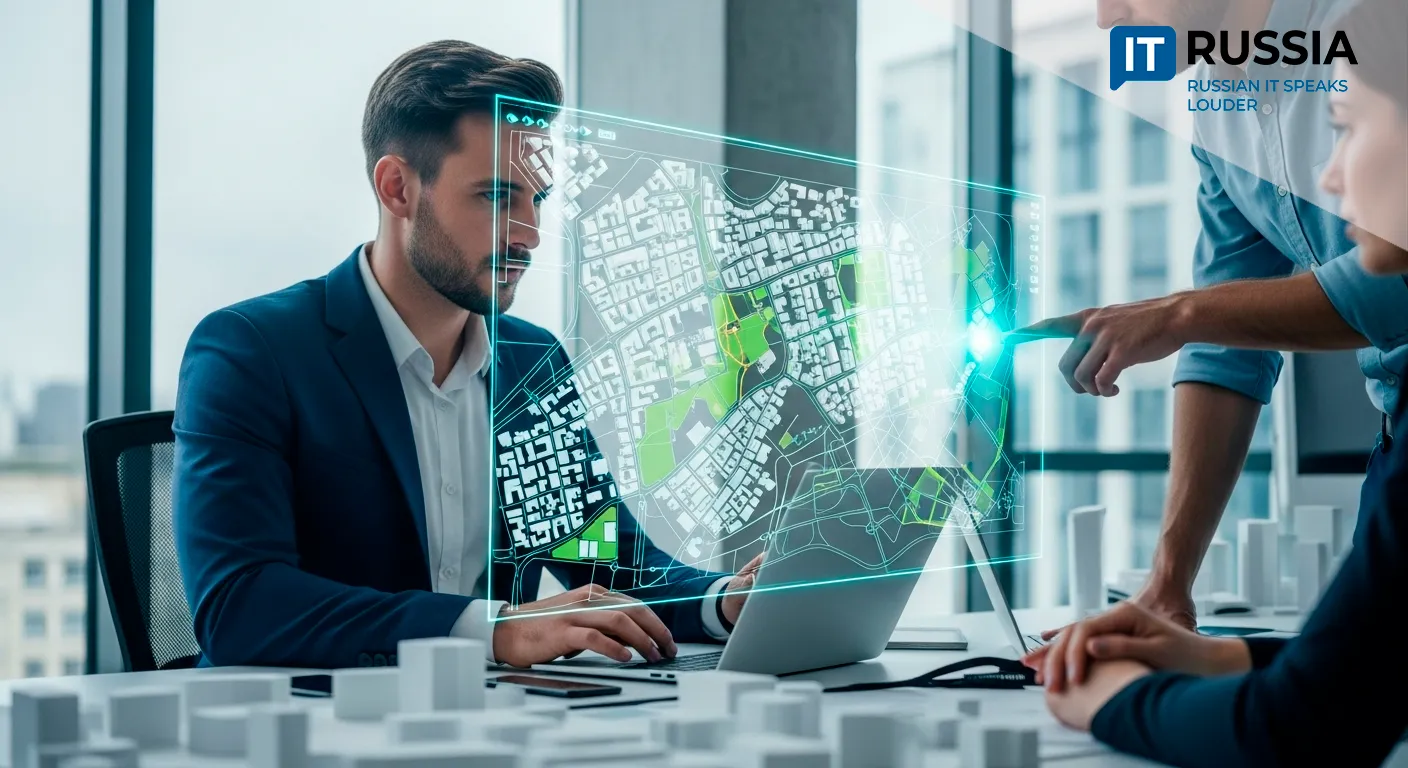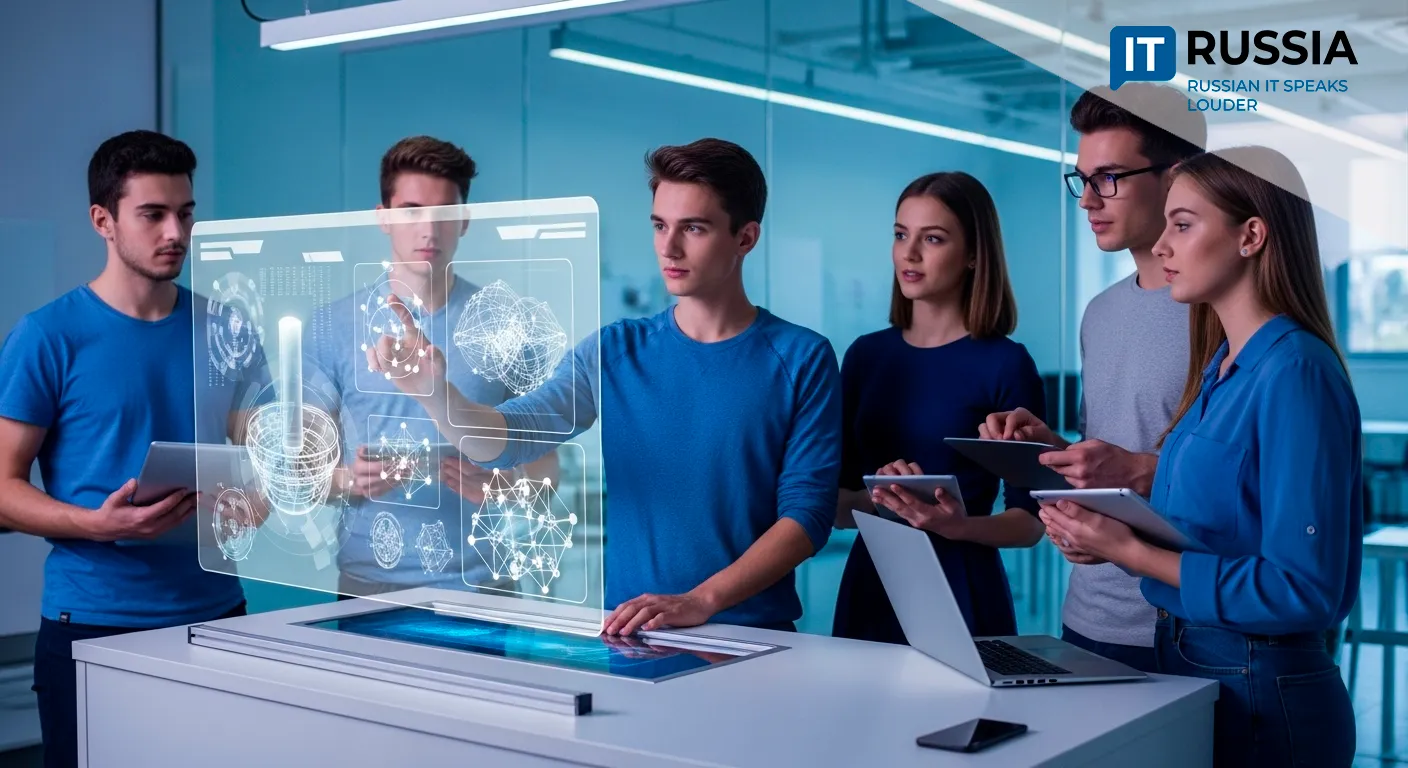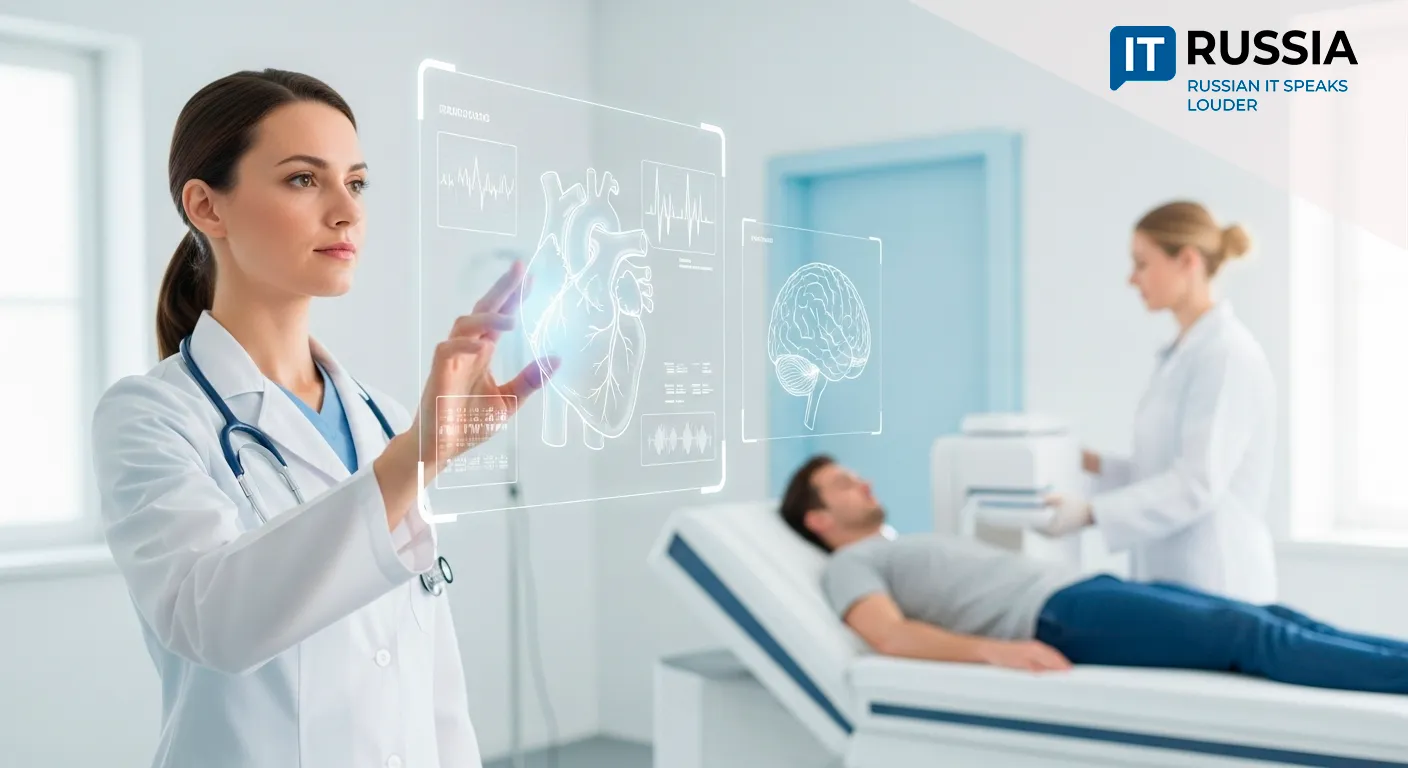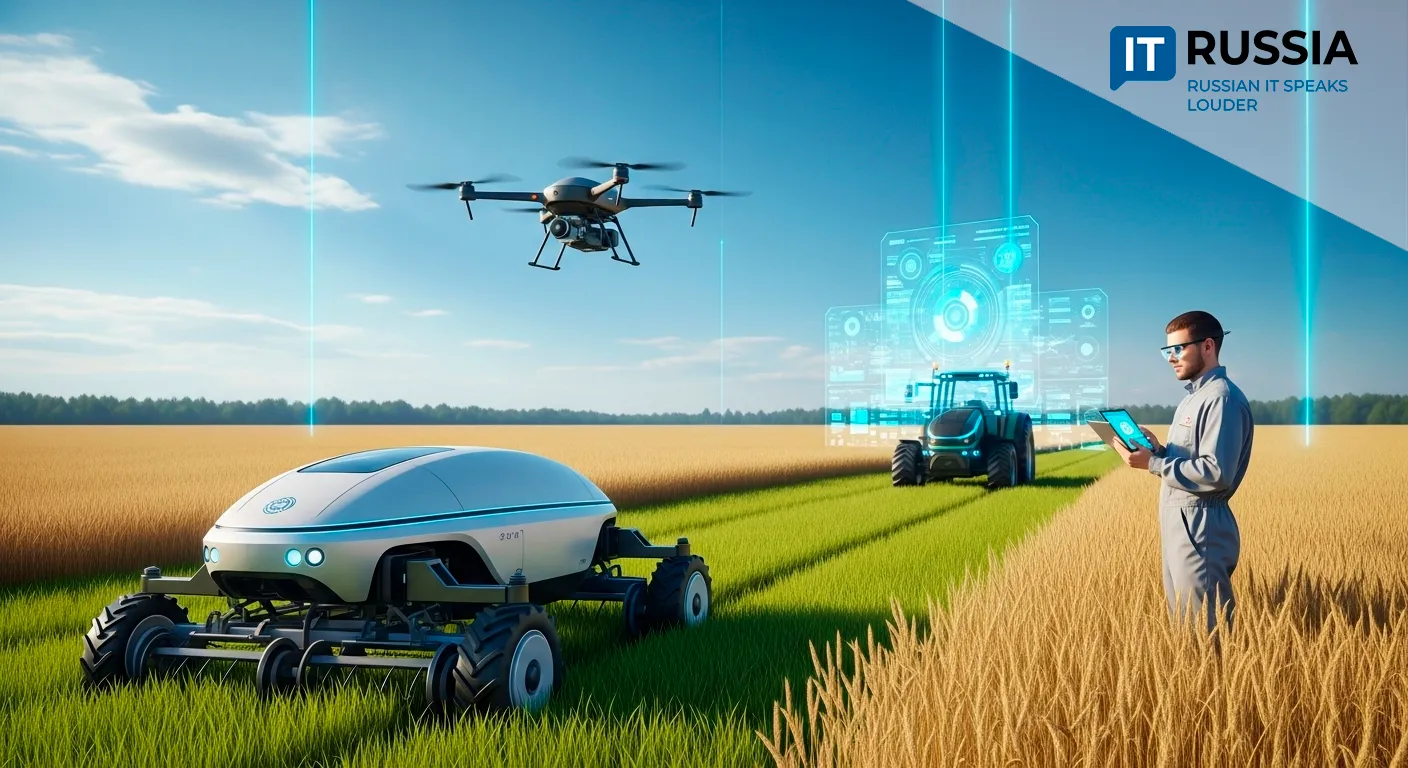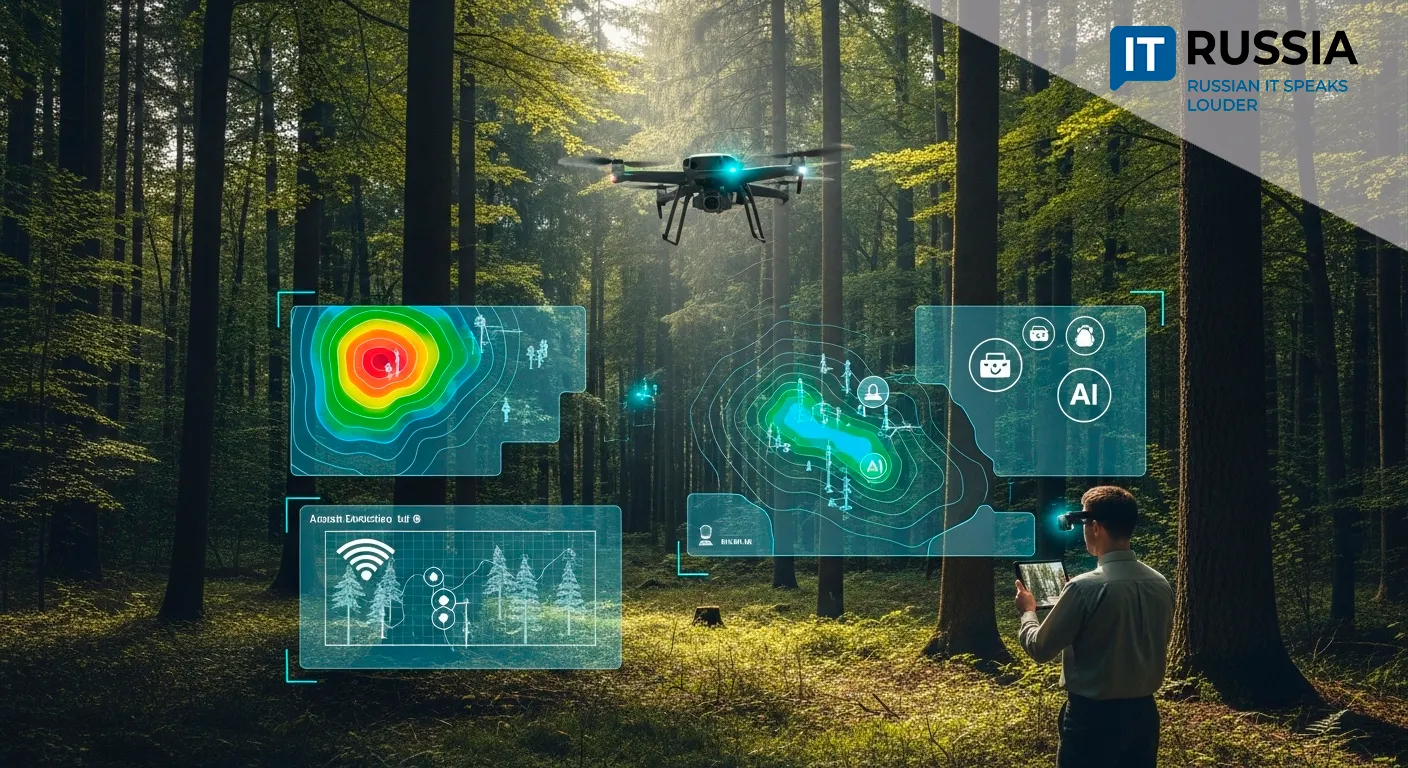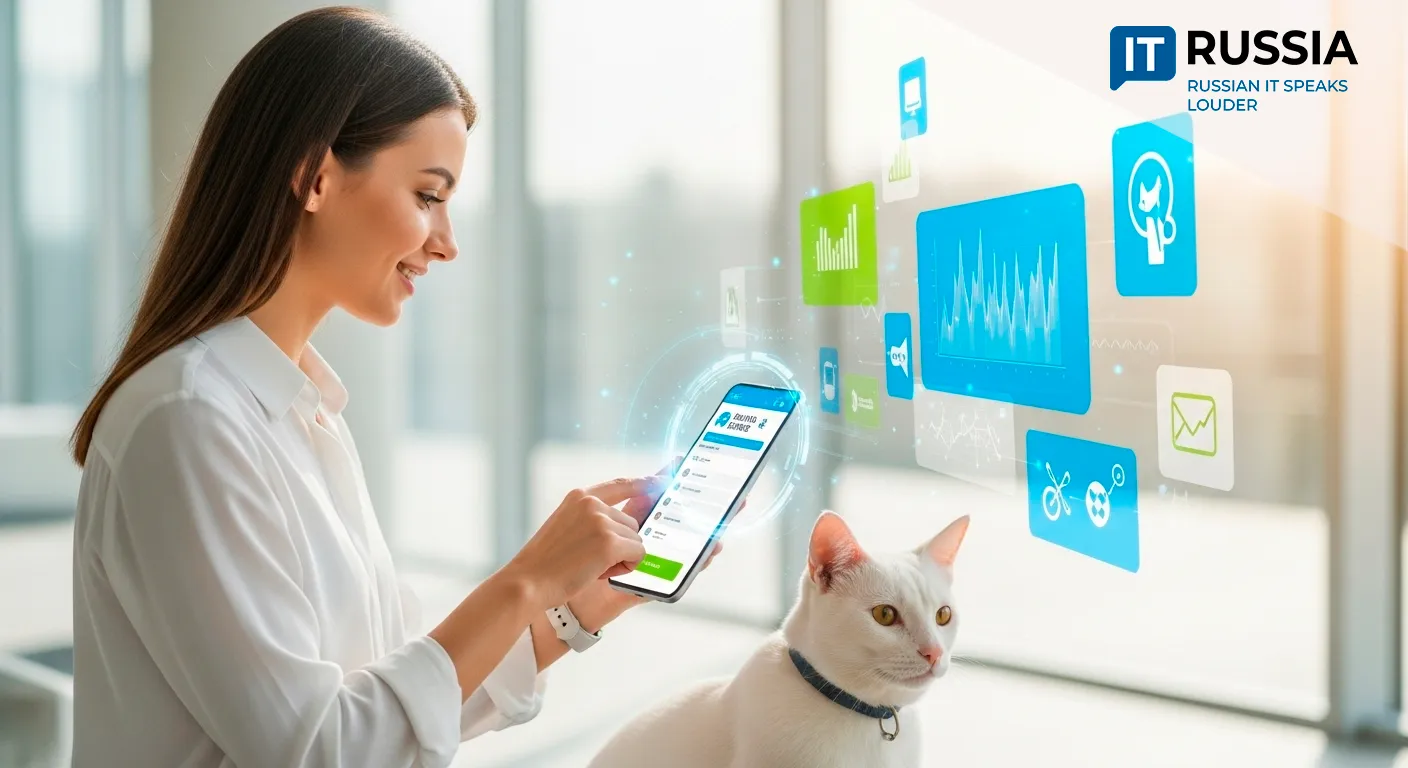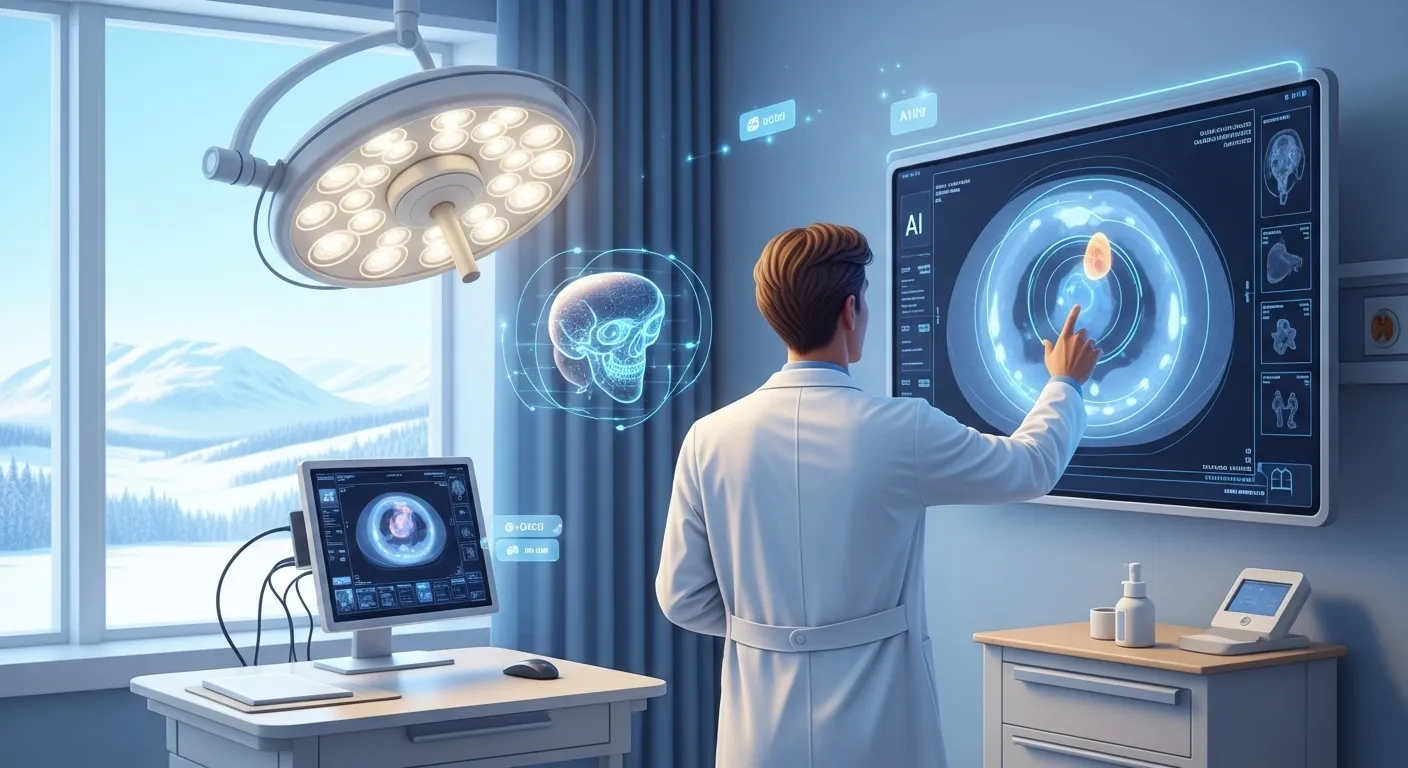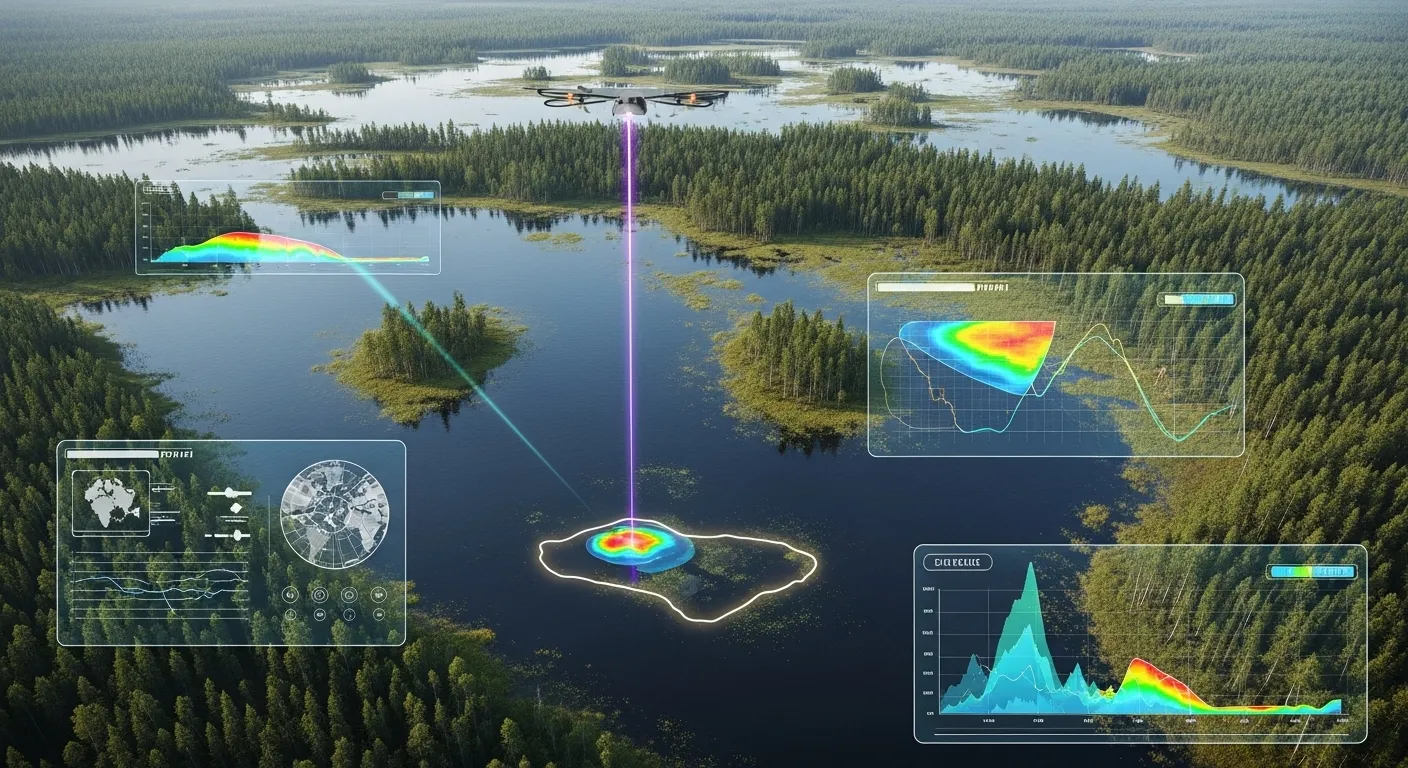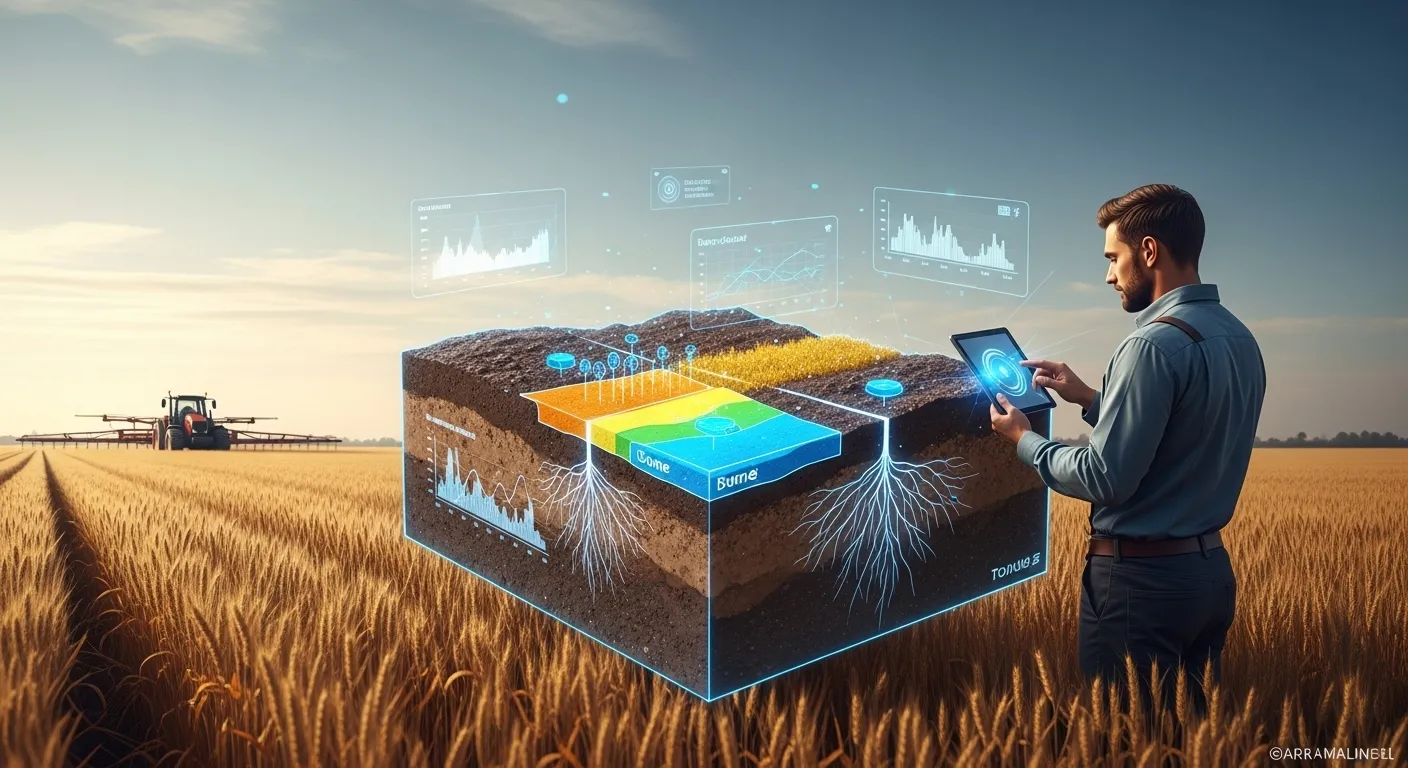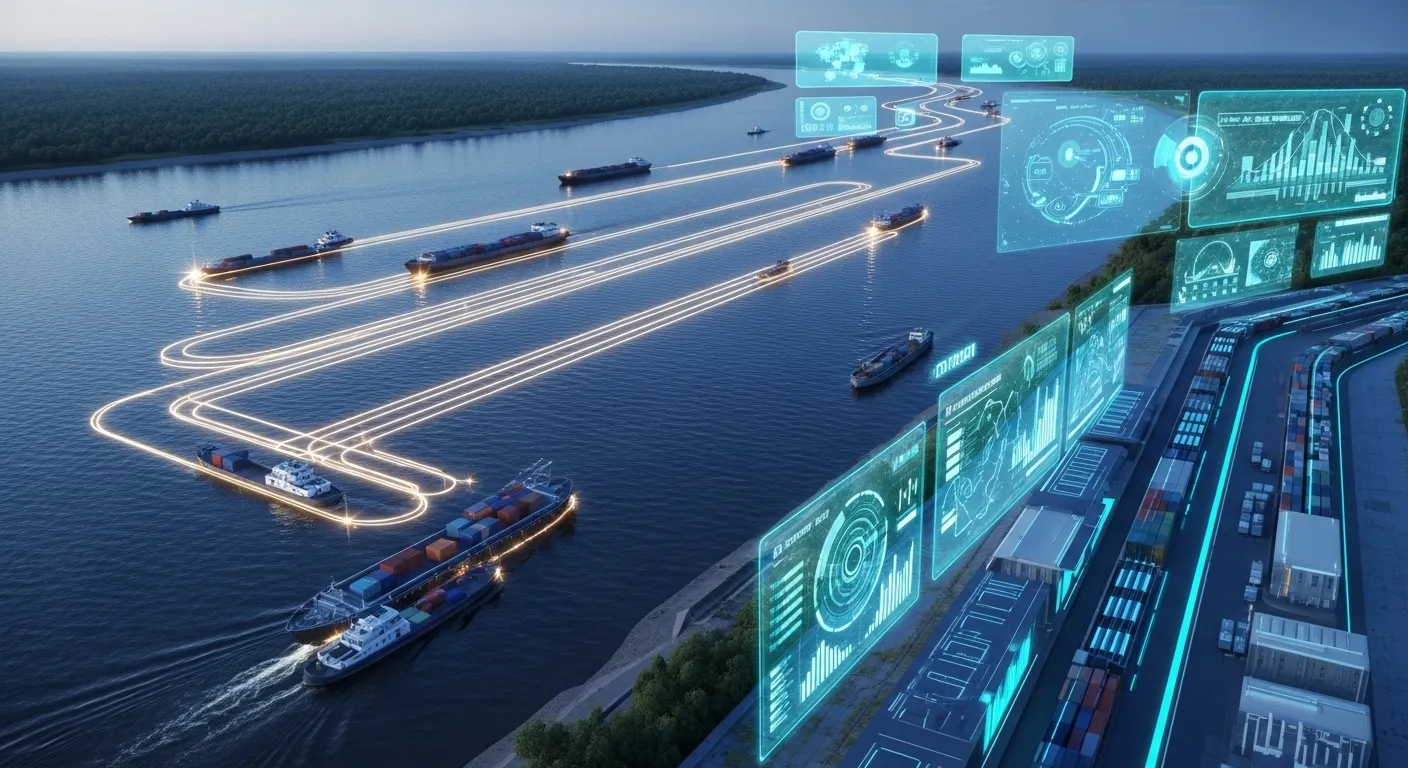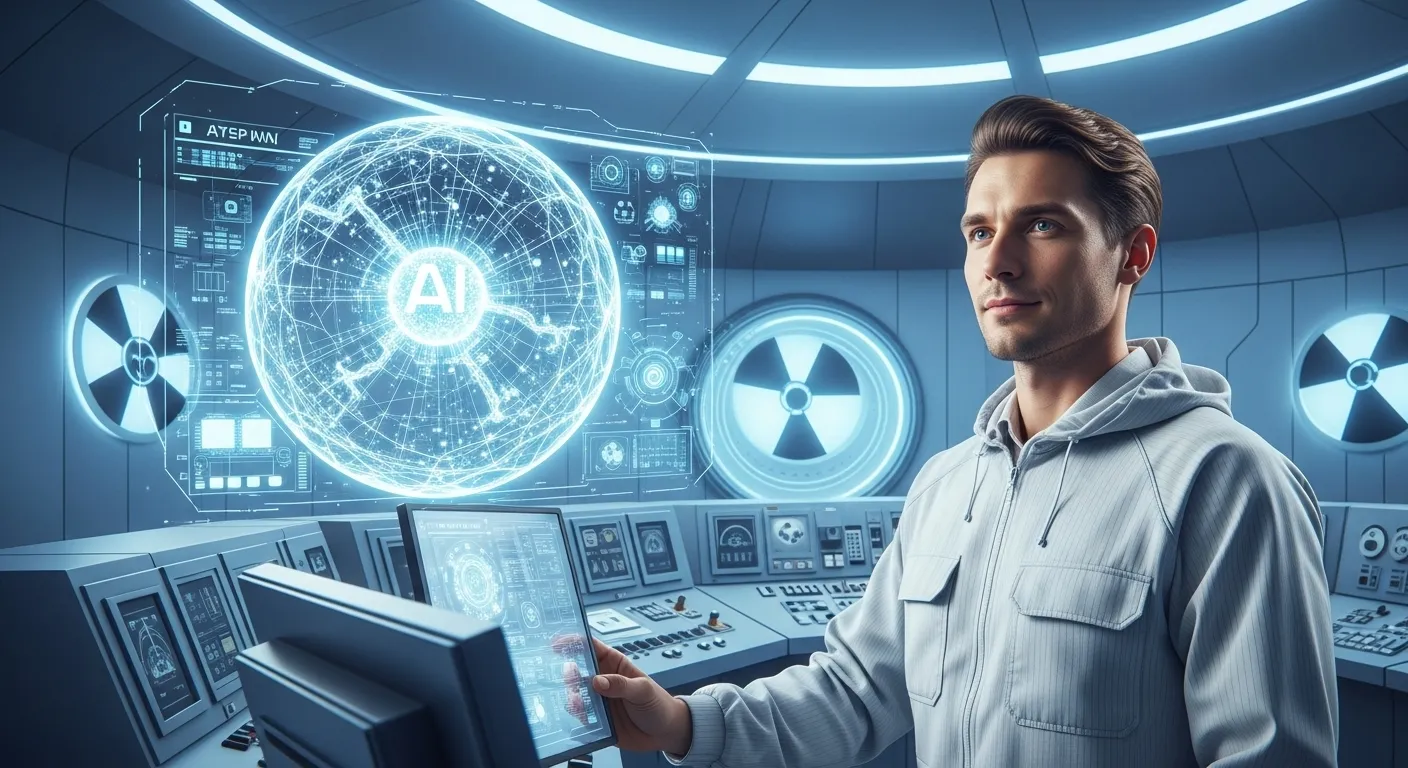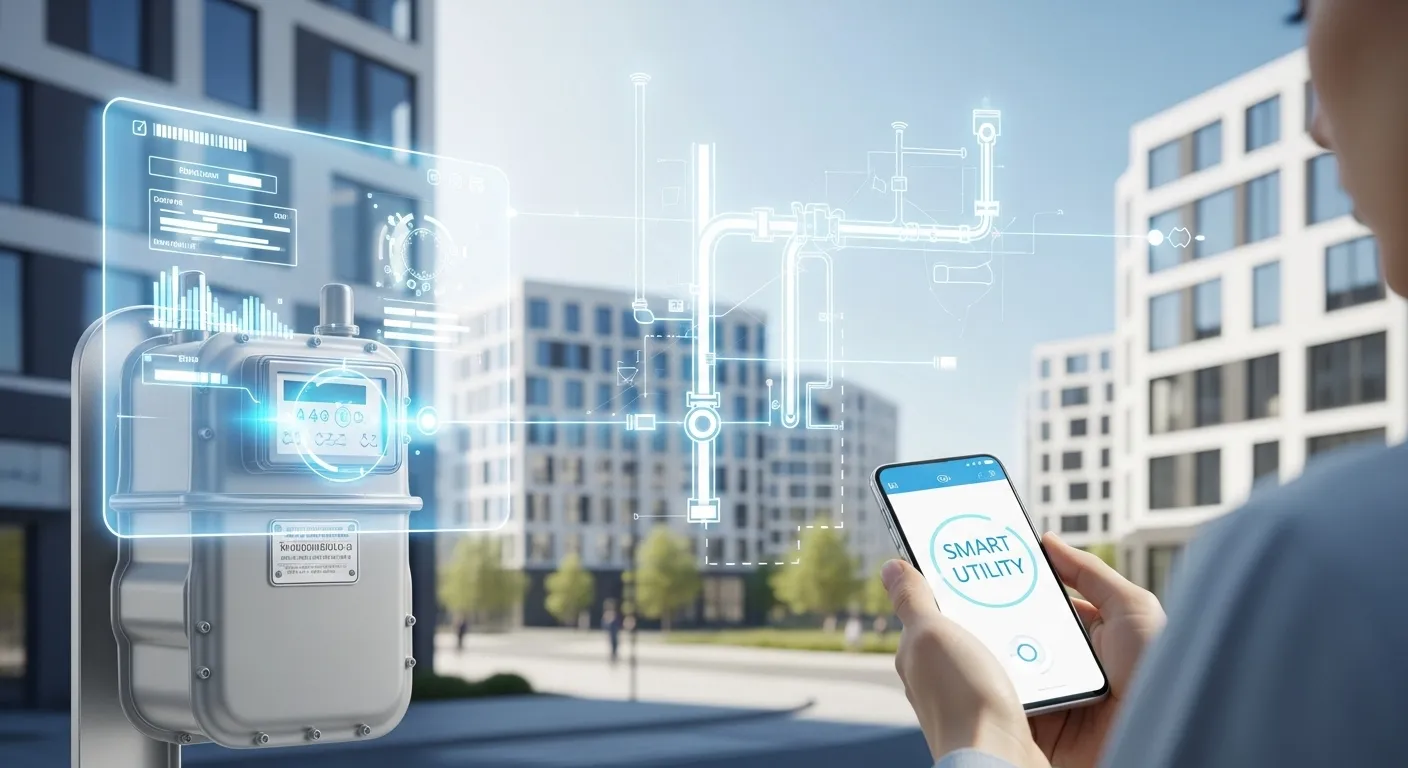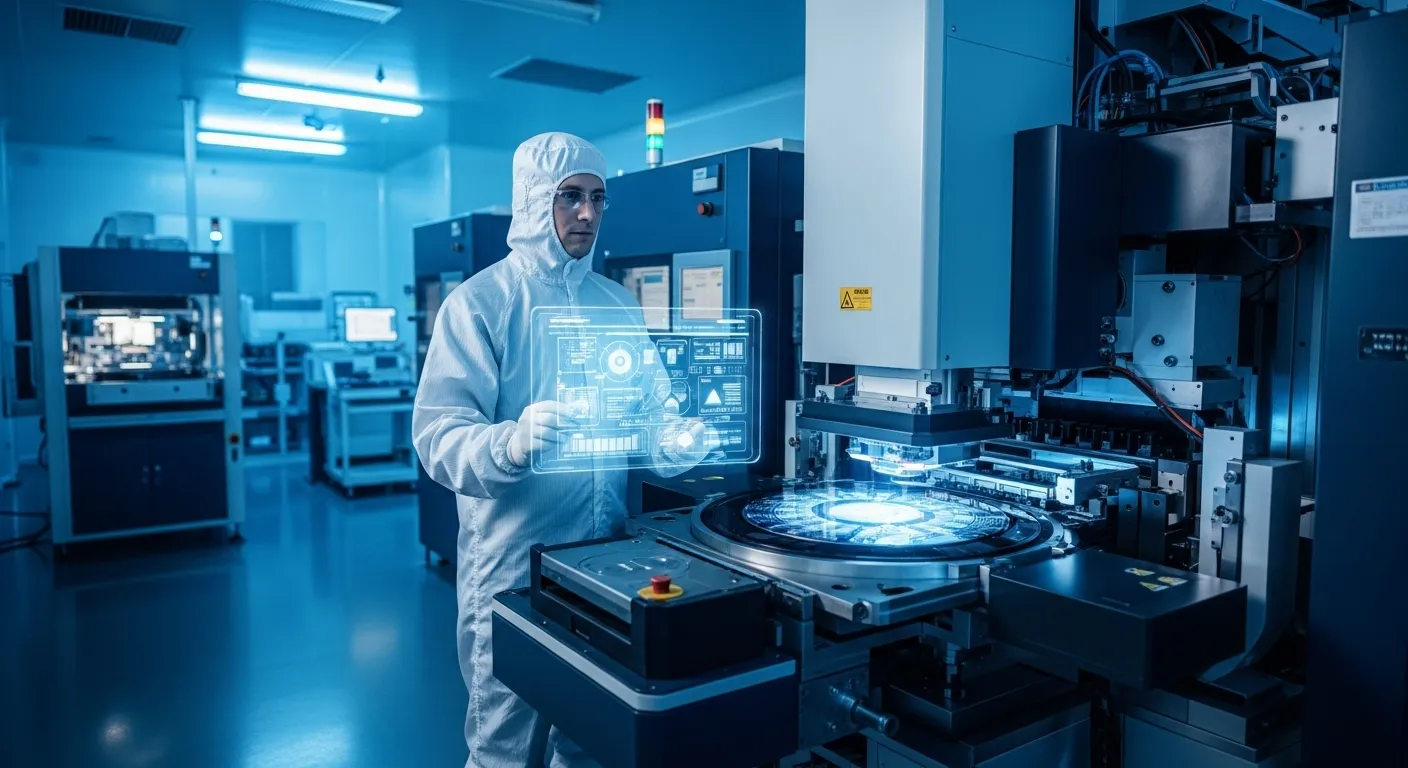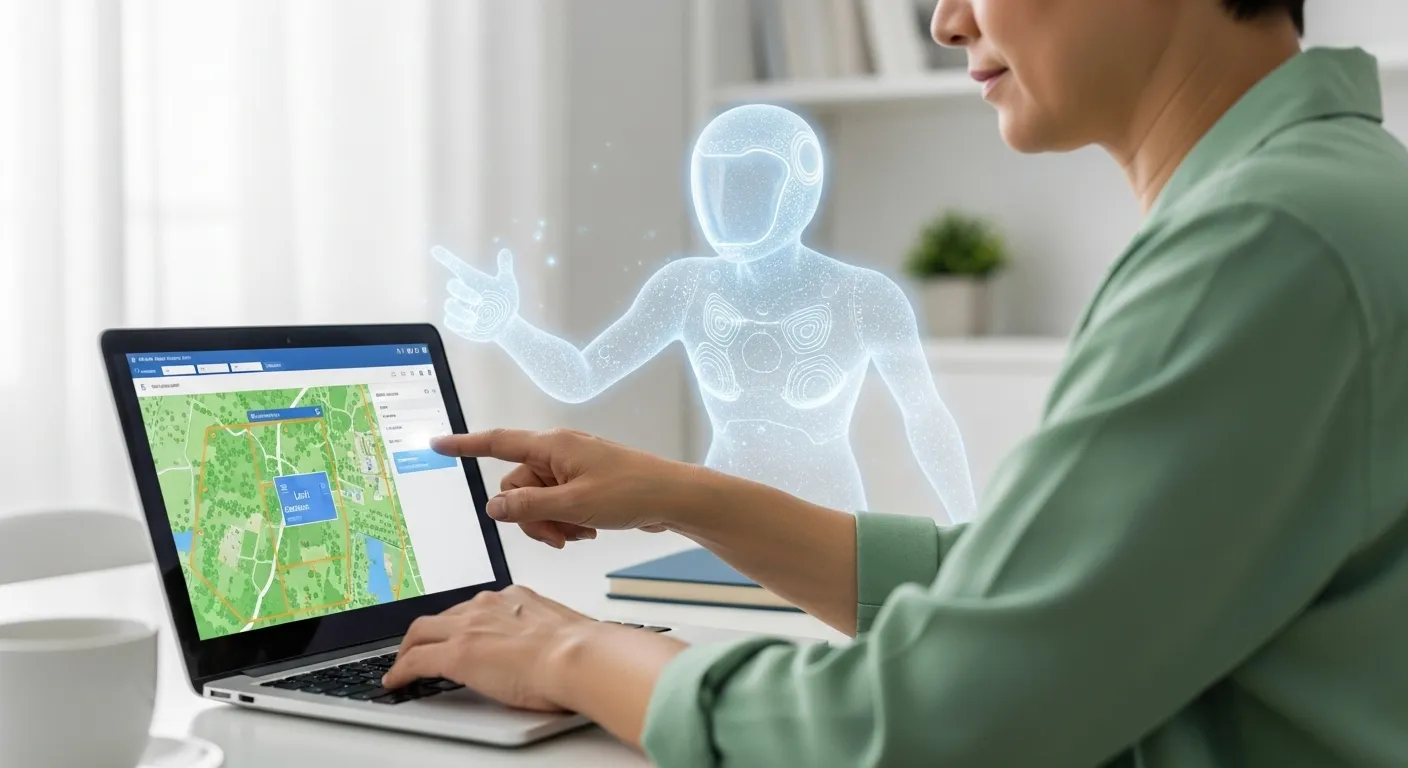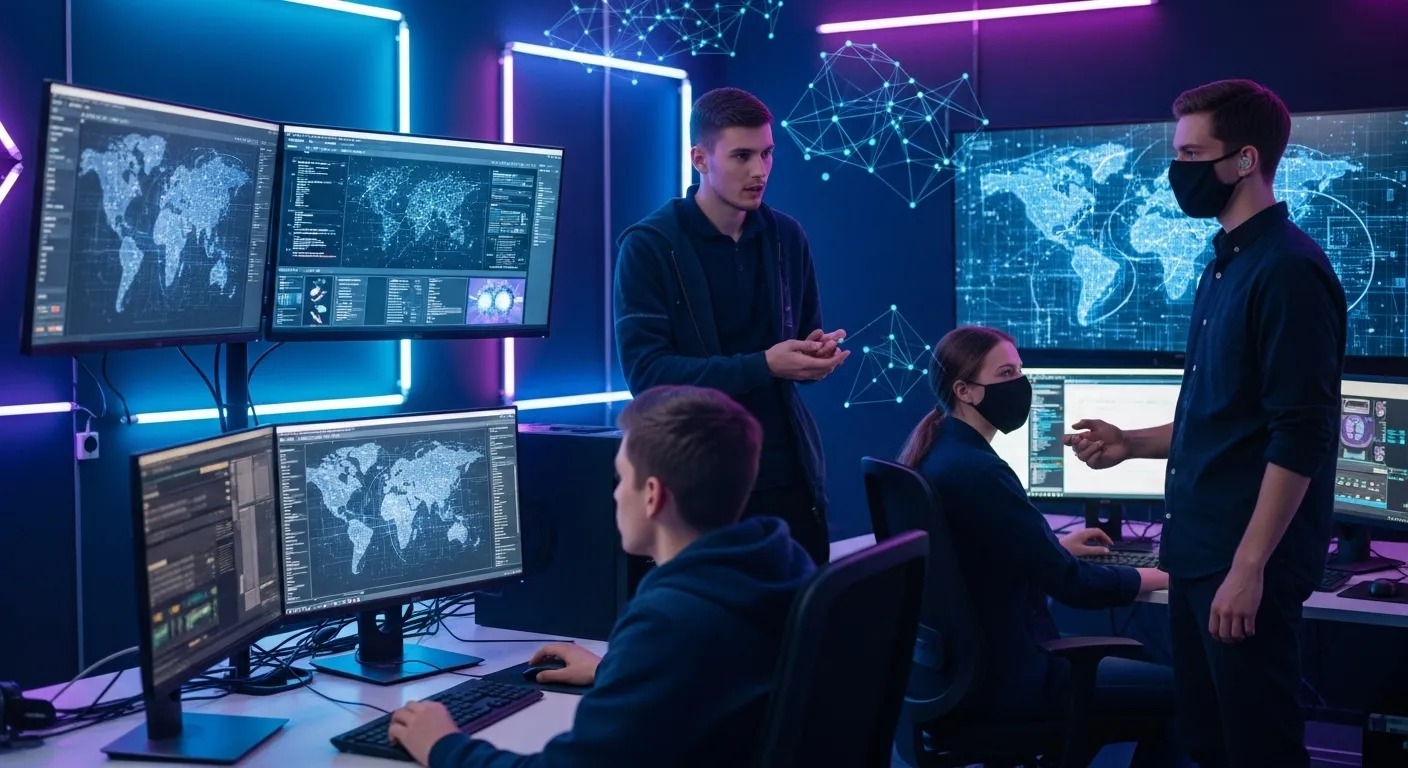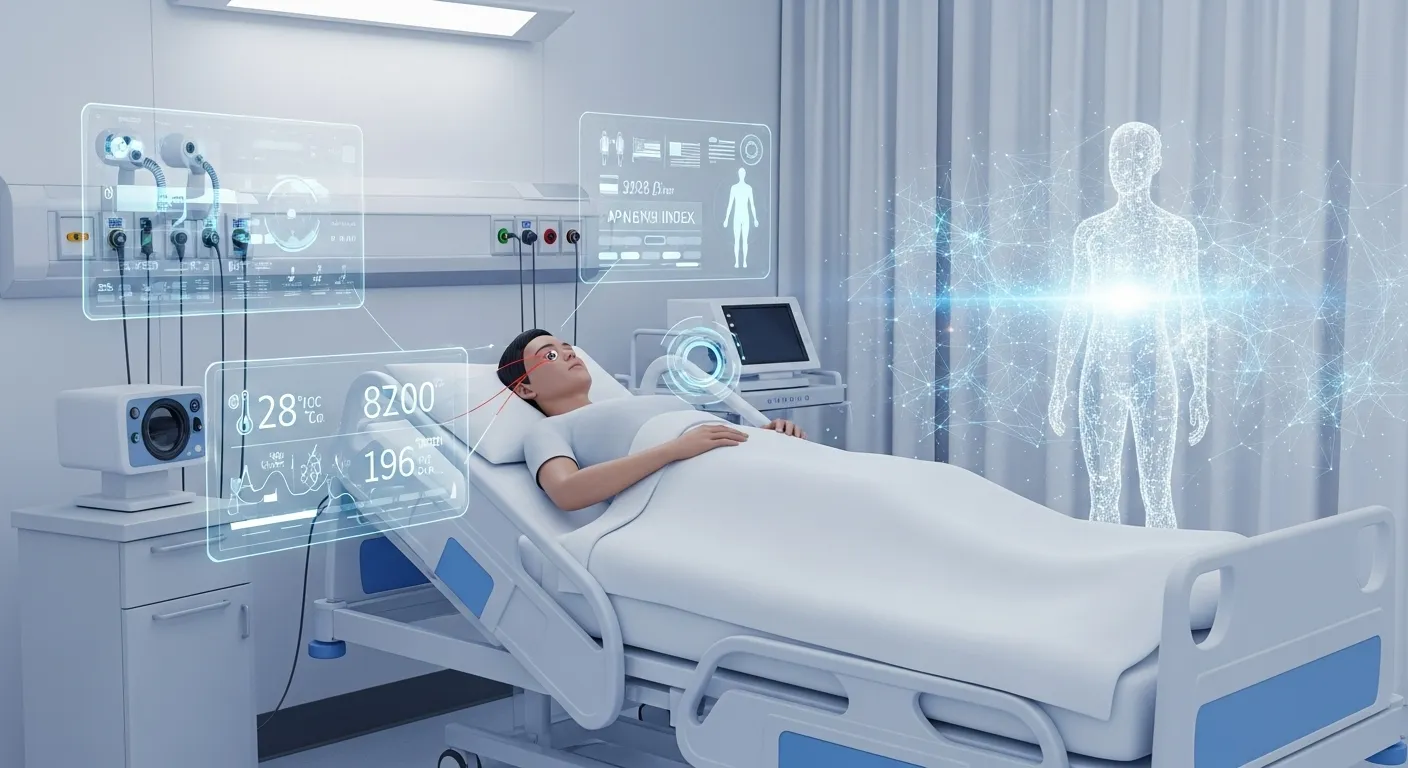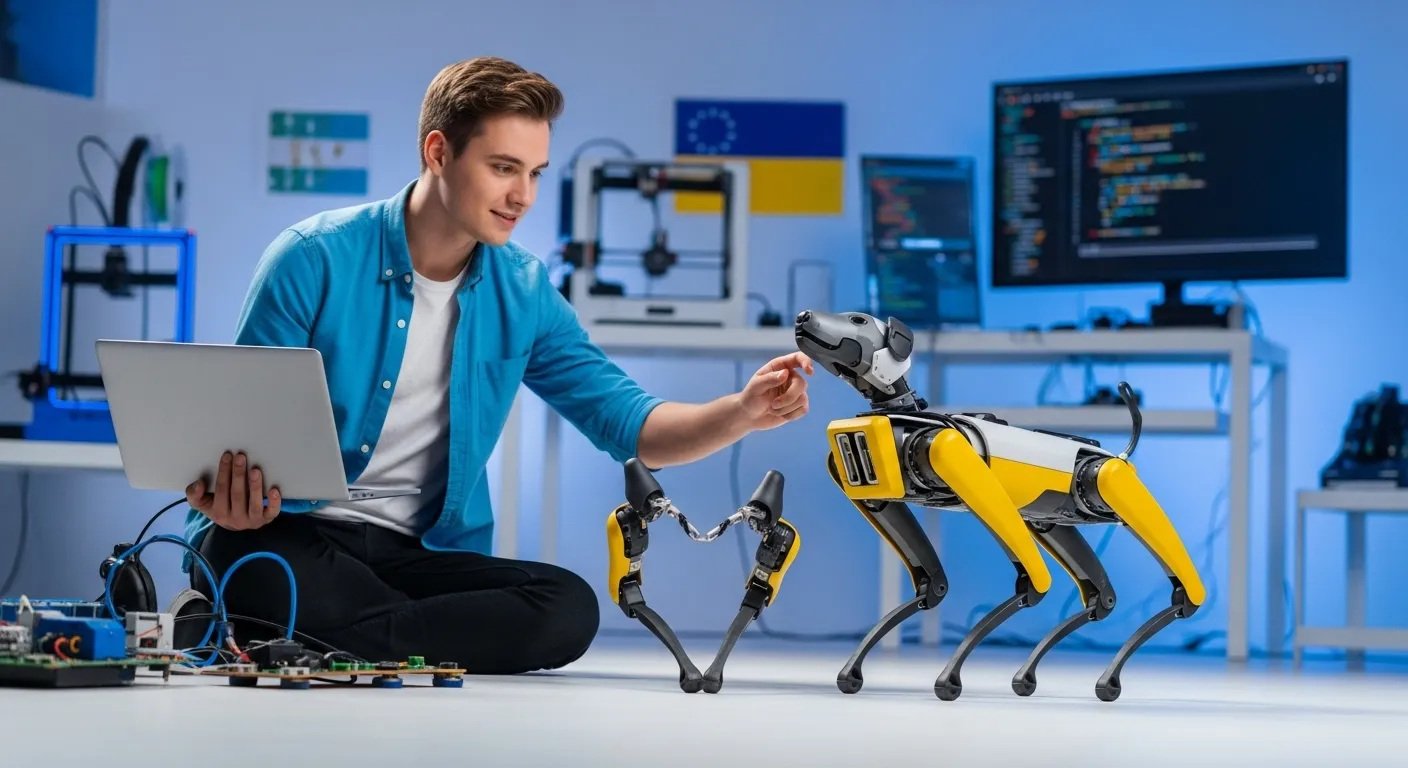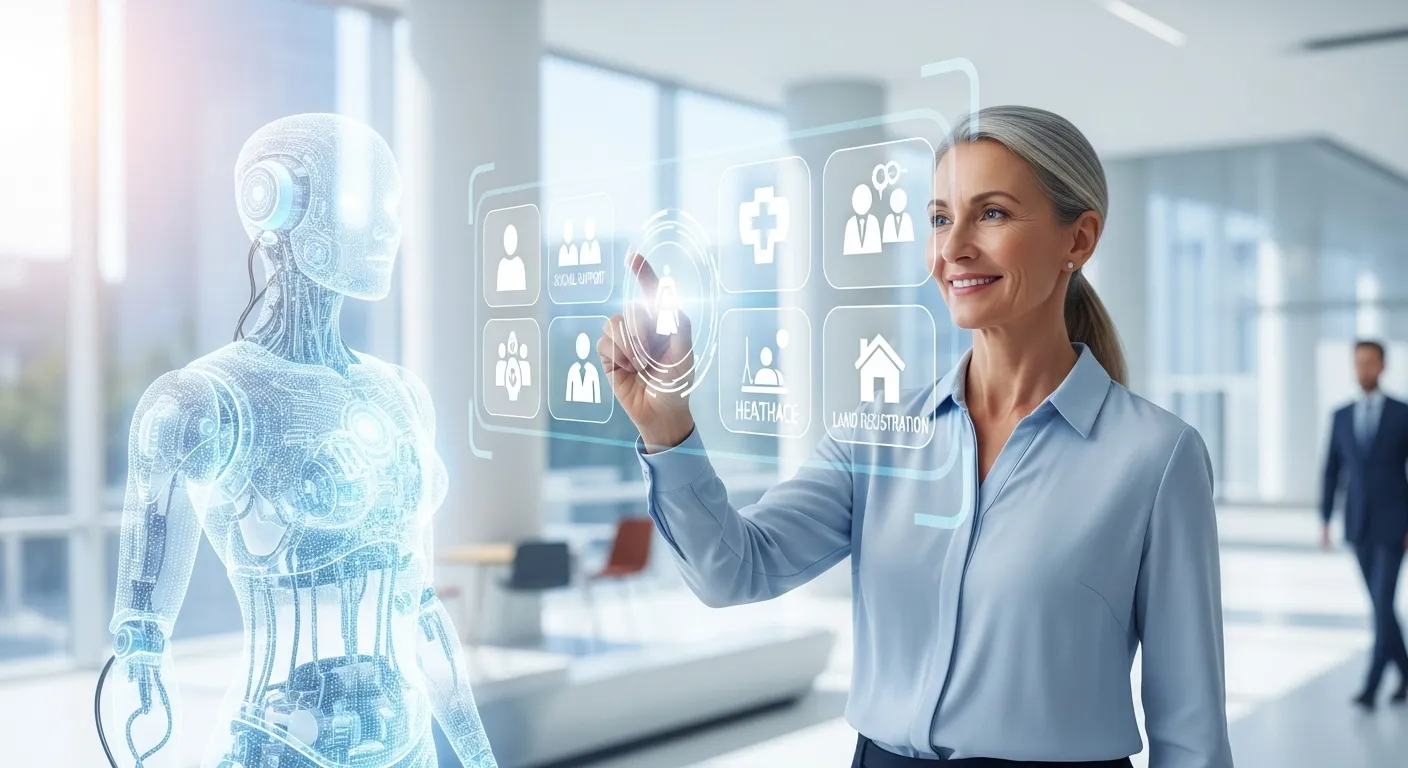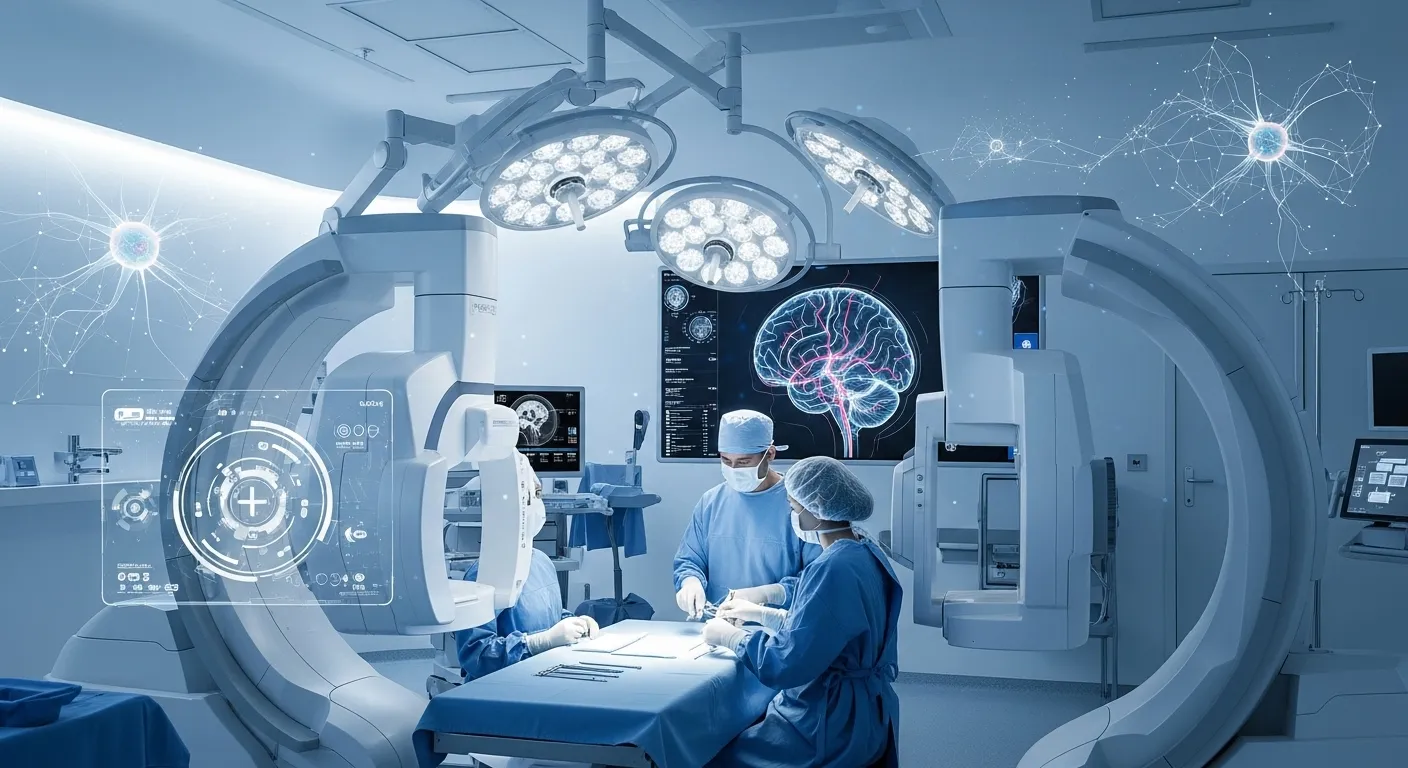Visionary Technologies: From Artificial Sight to Smart Navigation
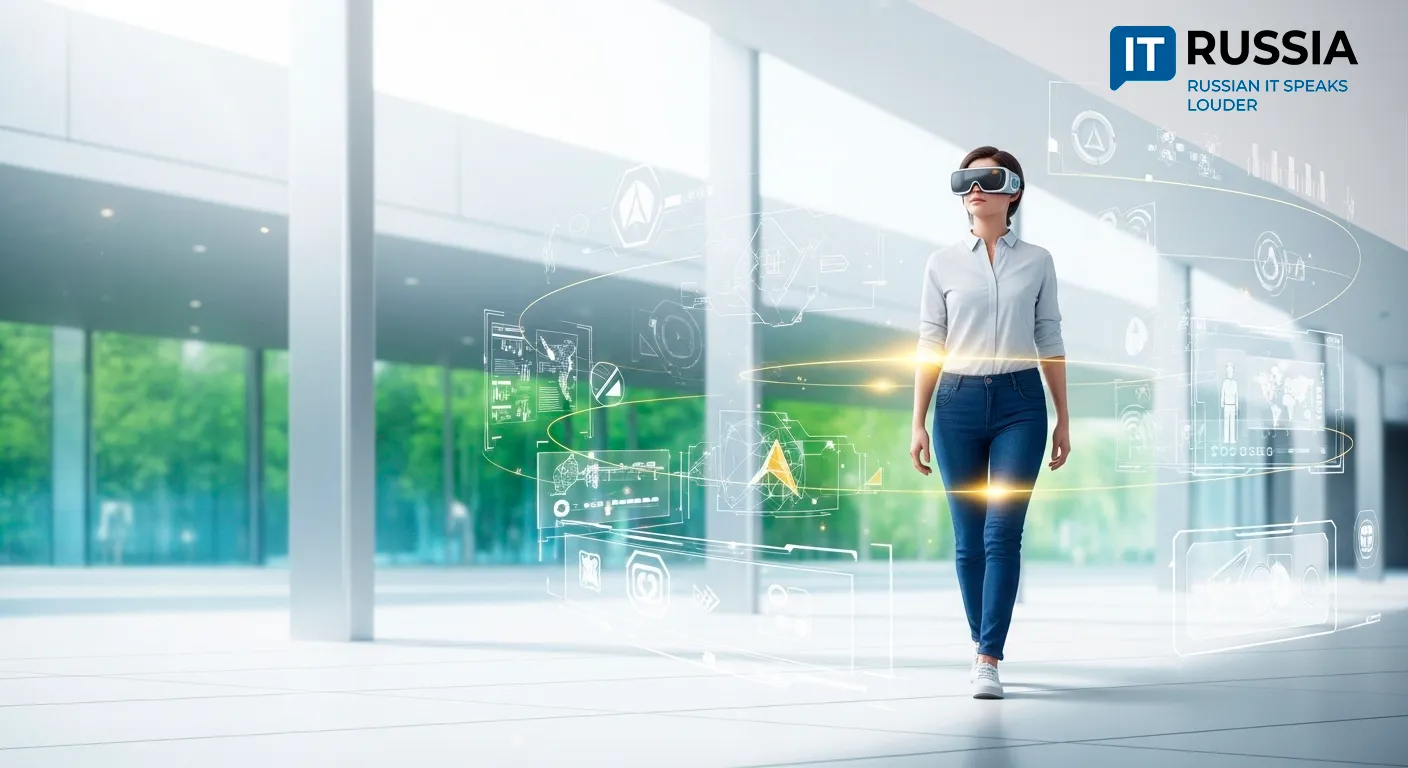
Modern technologies are increasingly becoming tools not just for improving quality of life, but for overcoming physical limitations. Russian researchers have made a significant step forward with two groundbreaking developments: electronic eyes that can partially restore vision, and an AI-powered navigation system designed to help people with visual impairments navigate urban environments.
Electronic Eyes: A New Vision of the Future
The electronic eye is a device resembling a pair of glasses, equipped with two cameras, an implanted chip, and an external ring that wirelessly connects to the brain. The cameras capture images, and the chip transmits them directly to the visual cortex, creating a perception of sight.
Although the device doesn’t yet allow recognition of fine details, it enables users to distinguish object outlines, which is a major achievement. A person can tell a mug from a spoon, identify a human silhouette, follow someone, or detect a curb. These abilities significantly improve daily life for blind individuals.
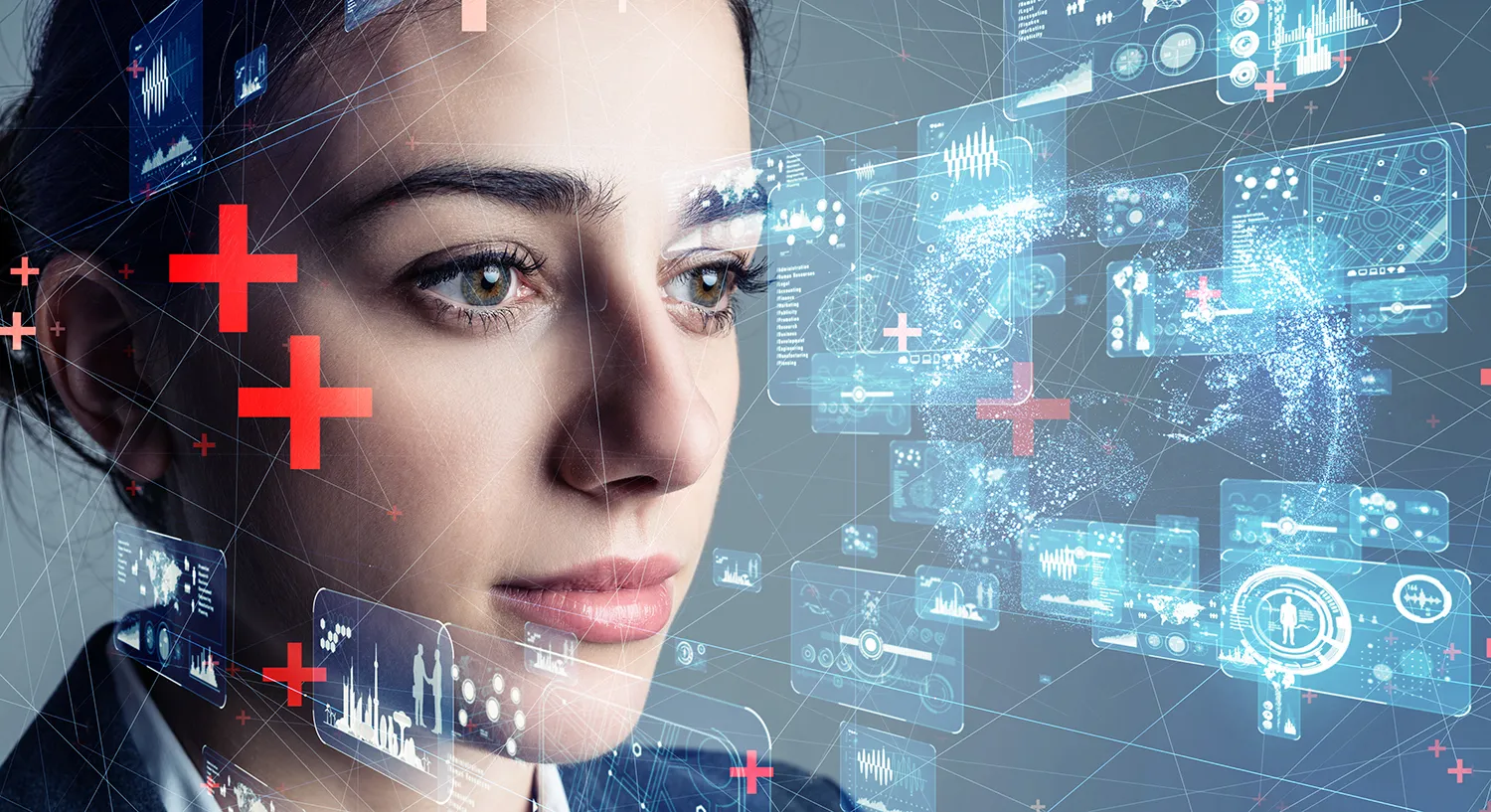
The device features a waterproof coating, making it suitable for all weather conditions. Currently in development, the electronic eyes have passed animal testing. Clinical trials on primates are planned, after which human testing may begin.
AI Navigator: Guiding the Visually Impaired
Alongside the electronic eye, Russian specialists are developing another key inclusive technology—an AI-based smart navigation system, introduced in Novosibirsk and designed to assist people with limited mobility.
This hardware-software system identifies objects in the surrounding environment, assesses traffic conditions, and provides voice prompts. For example, it can inform the user when it’s safe to cross a street, recognize signs or signals, help find the best route, and avoid obstacles.
This navigator could be particularly valuable for people with partial vision loss, seniors, or anyone needing extra support when moving through complex environments. The technology has potential applications in smart glasses, mobile apps, and other support systems.
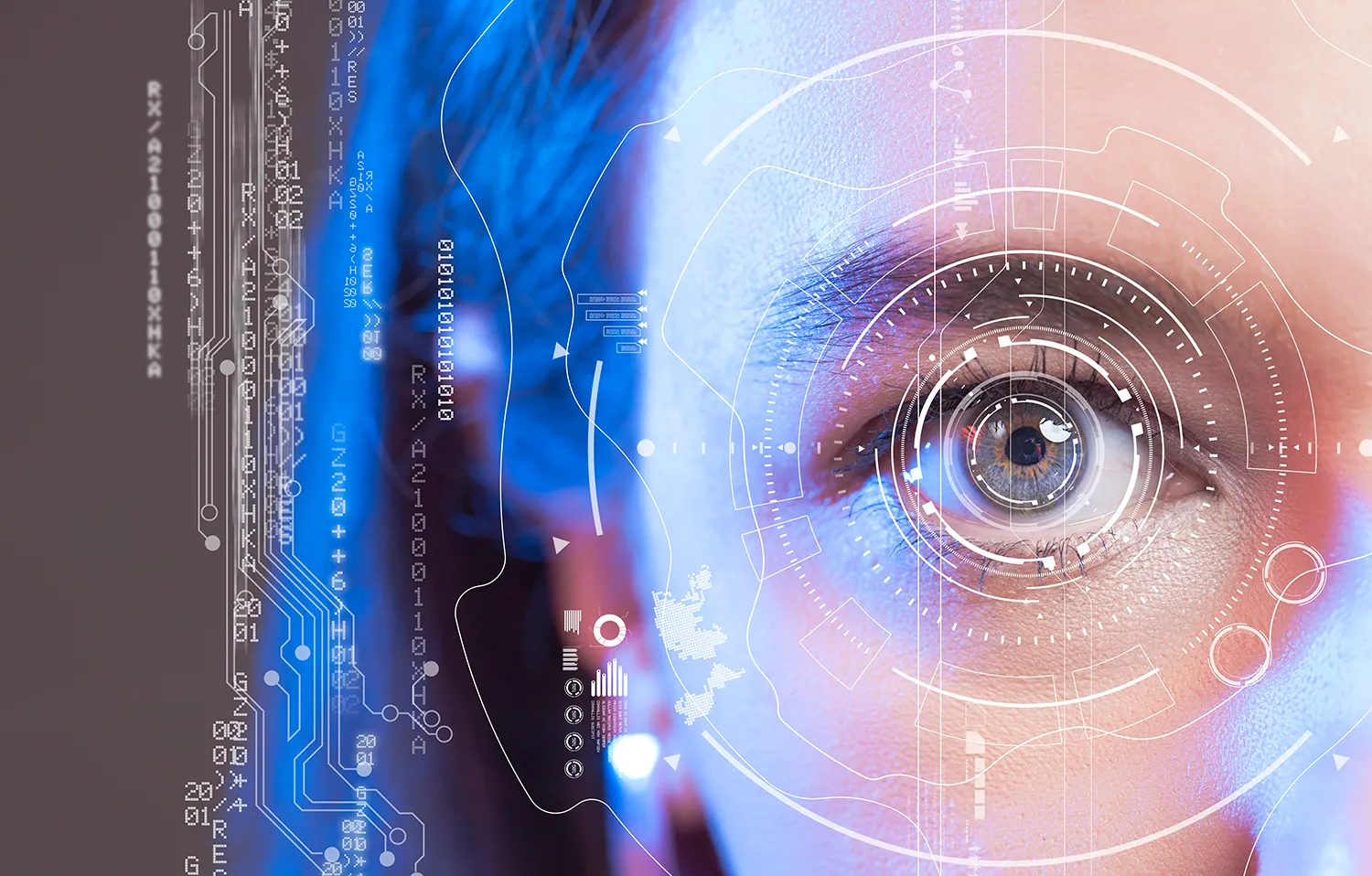
Synergy in Accessibility
Although aimed at different audiences, the two technologies could work together as a unified ecosystem supporting blind and low-vision individuals. While electronic eyes serve those with total blindness, the AI navigator offers vital information to those who retain some vision or need navigational assistance.
Combined use could dramatically enhance autonomy and safety for users. These are not just medical or engineering innovations—they are technologies shaping a more inclusive and equitable environment.
Societal Value and Future Prospects
These innovations hold tremendous significance not only for individuals, but for society as a whole. They promote real inclusion, reduce dependence on outside assistance, and improve life quality for millions.
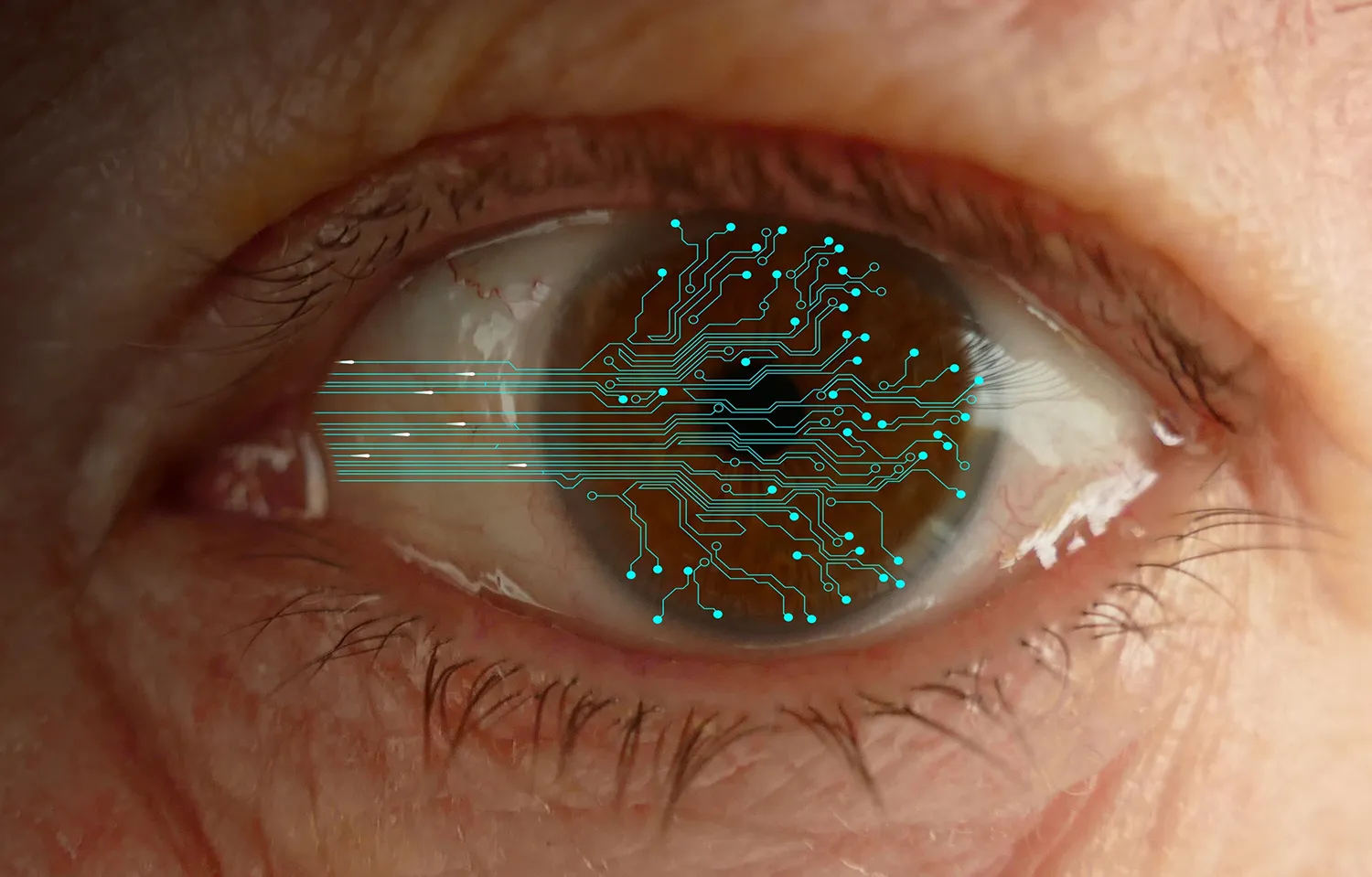
Beyond restoring lost functions, such technologies redefine human perception itself. We are entering an era where disability may become more of a legal term than a practical limitation.
These projects also strengthen Russia’s position as a hub for high-tech, socially meaningful innovation. Government backing, research funding, and talent recruitment are accelerating real-world adoption.
Future directions include deeper integration with AI systems, machine learning, and even neurointerfaces. Global demand for such solutions makes international export a realistic and promising goal.



